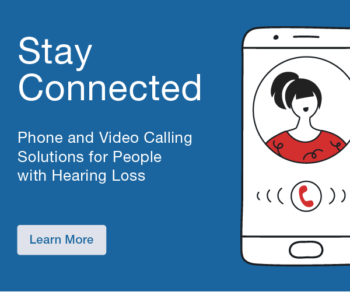Early hearing loss diagnosis and prompt access to amplification are critical first steps in supporting spoken language development for infants and young children. Once hearing aids are provided, consistent audibility through well-functioning hearing aids is necessary to optimize language outcomes. Importantly, auditory experience has been found to correlate with later success in school. Parents and other caregivers are responsible for managing hearing aid use and checking device function, daily tasks that directly impact audibility for young children. Most parents and caregivers have typical hearing and are unfamiliar with hearing loss and hearing aids. Parent intervention that provides foundational information, support for skill acquisition, and guidance in overcoming barriers to action can help parents more effectively engage in day-to-day hearing aid management tasks. Audiologists can individualize their guidance using person-centered care to identify and address treatment barriers to improve adherence and positively influence outcomes. This session will describe problems that exist for pediatric hearing aid management and strategies audiologists can use to support parents and caregivers in taking needed actions.
Learning Objectives:
- Describe consequences of inconsistent audibility for young children
- Describe hearing aid management challenges parents experience
- Describe parent support strategies to increase pediatric hearing aid use



